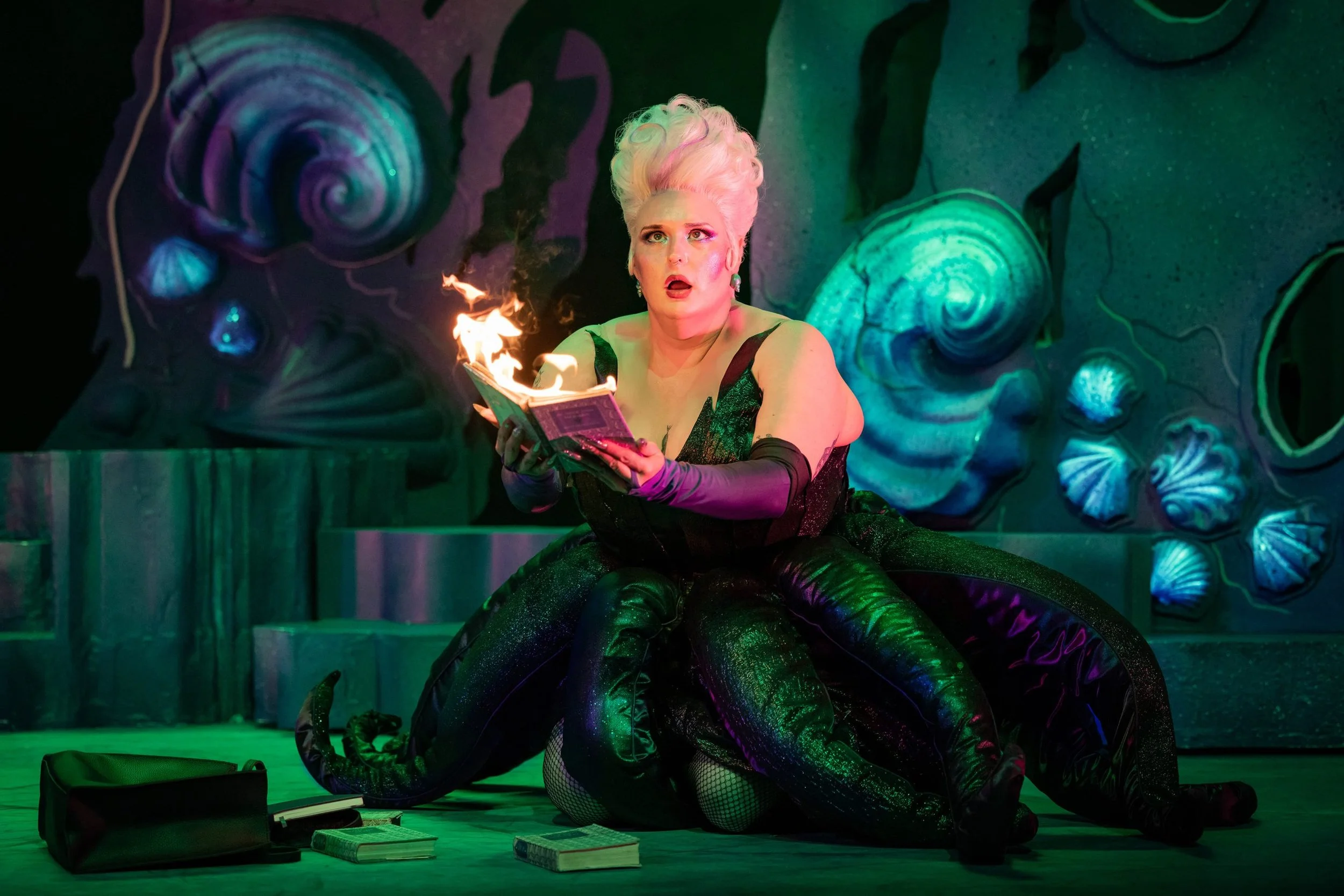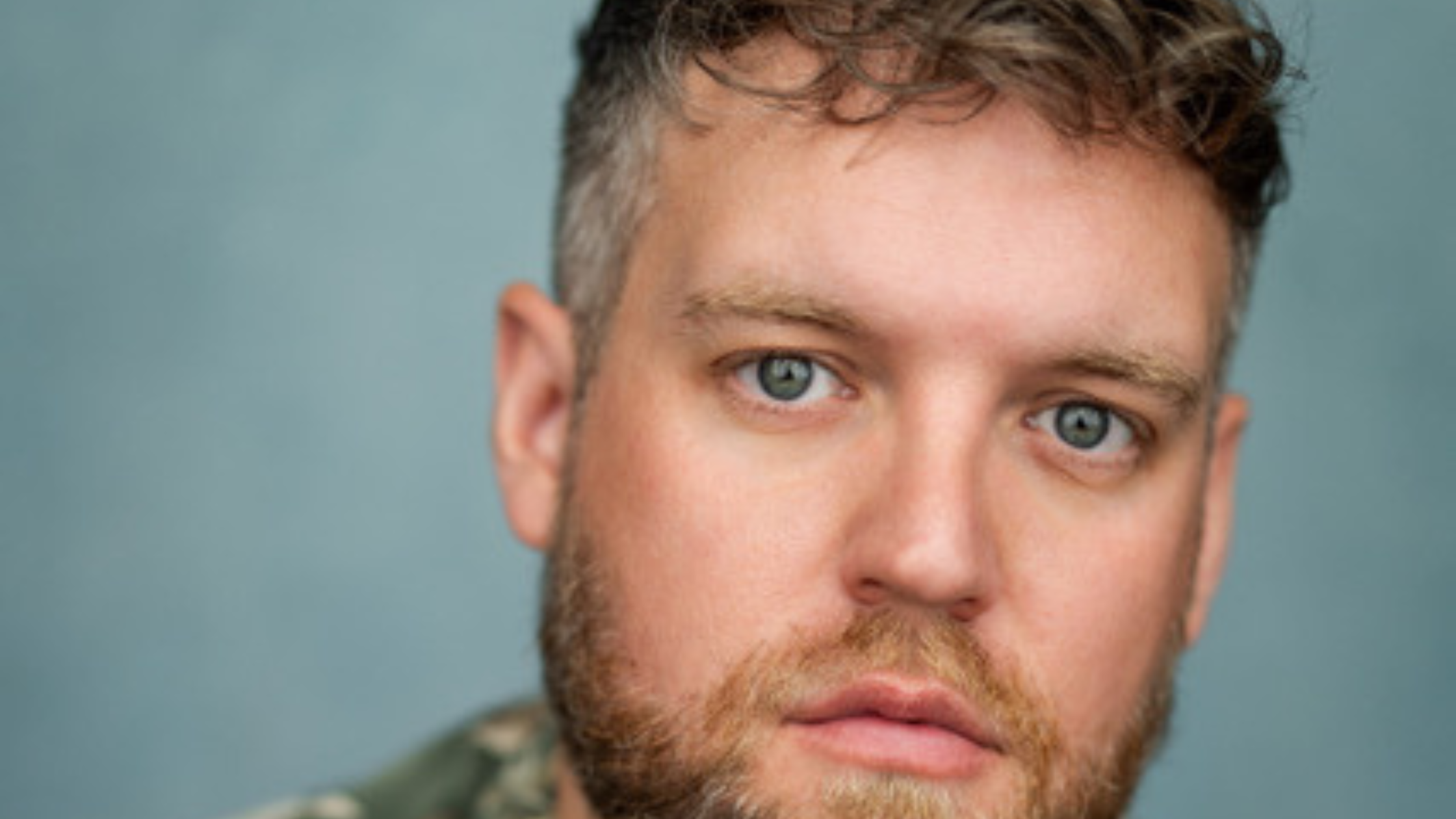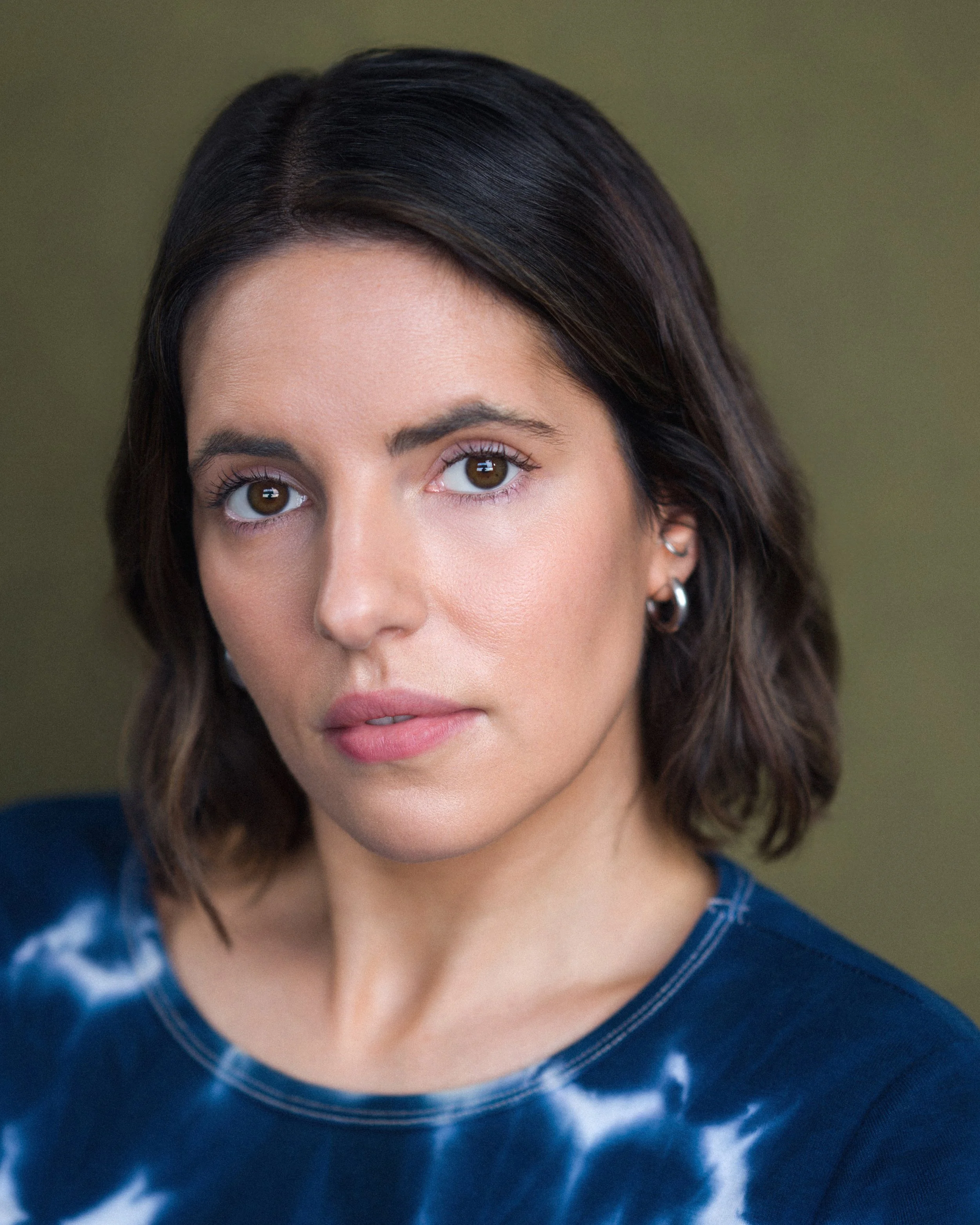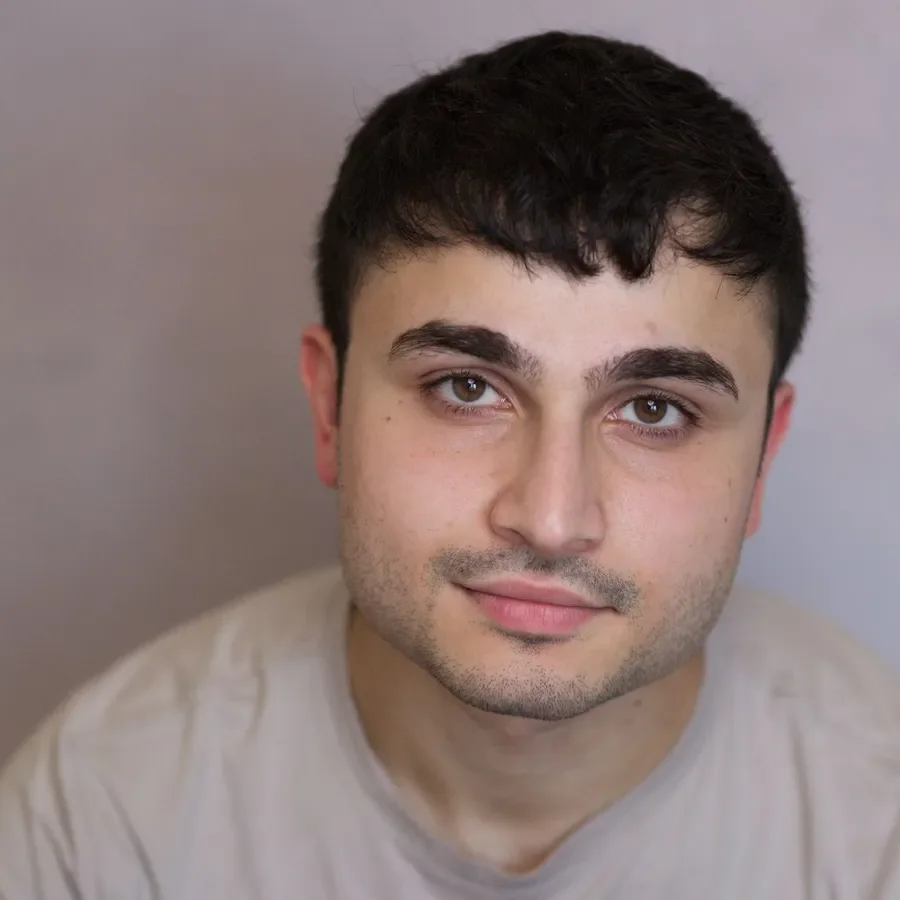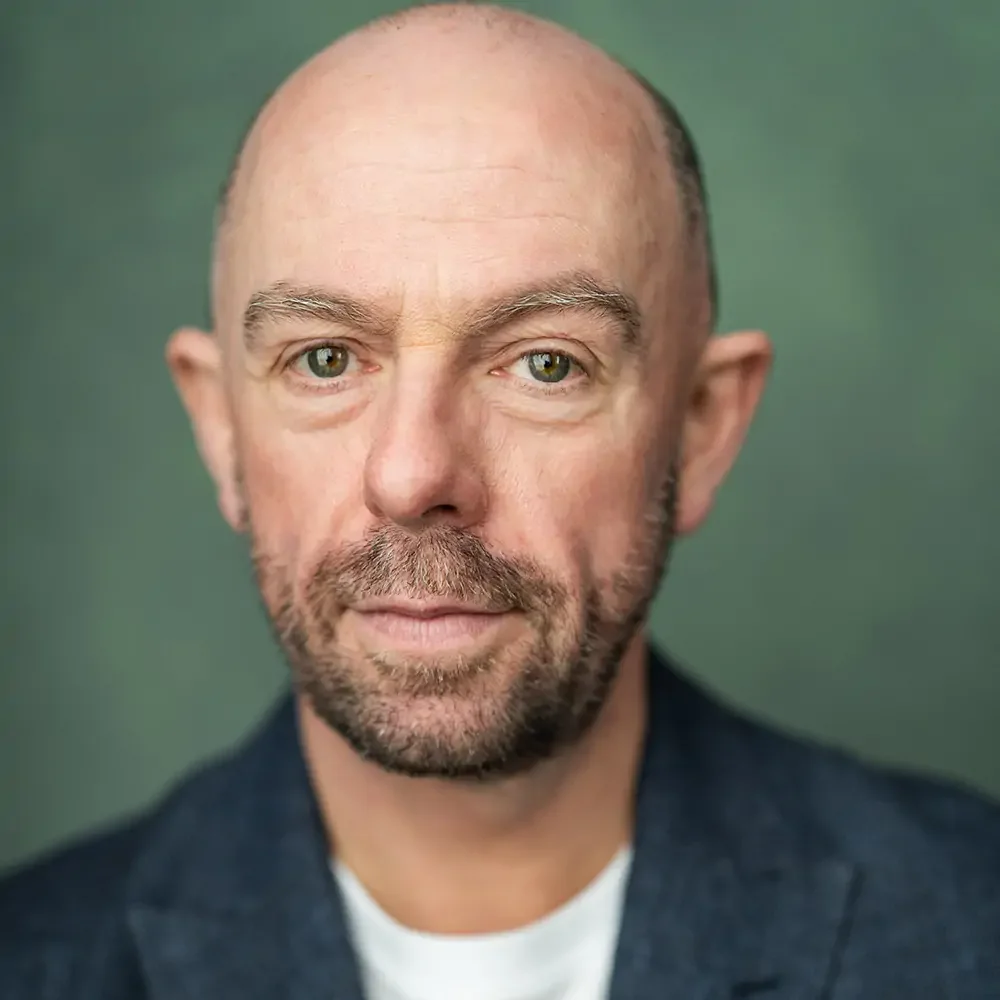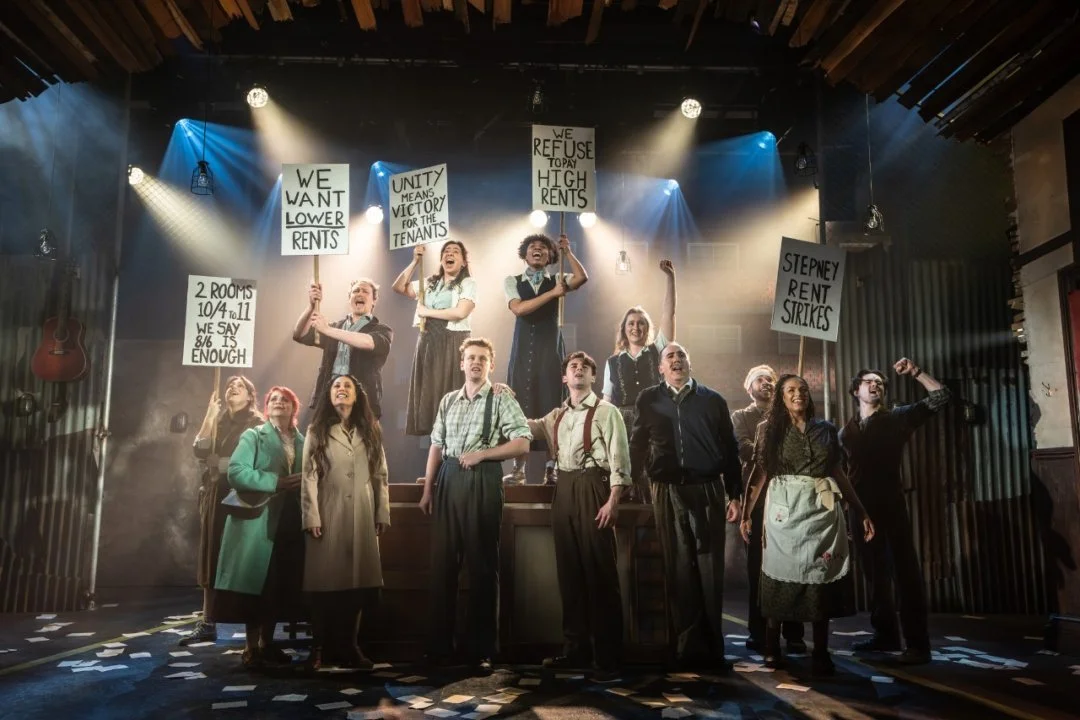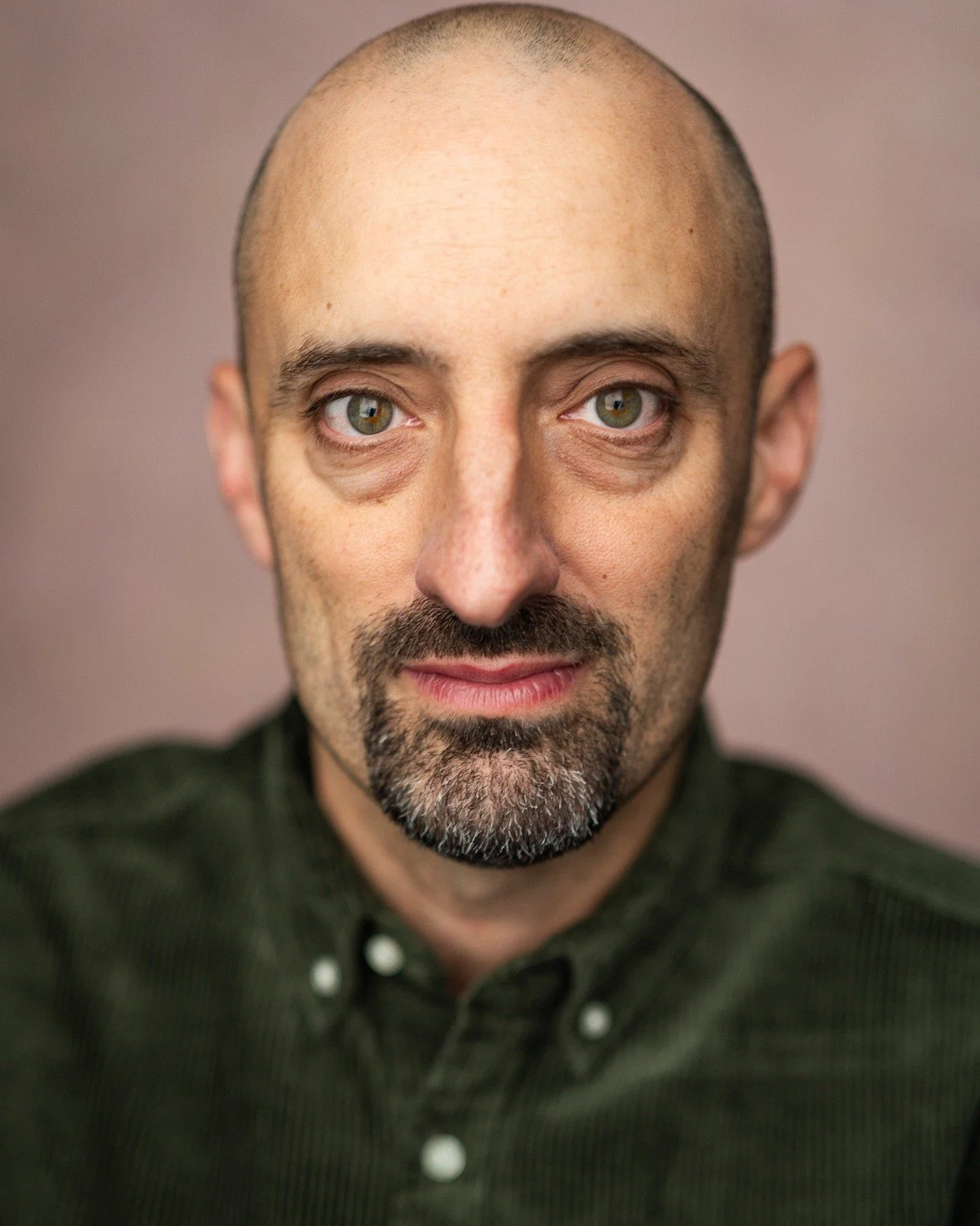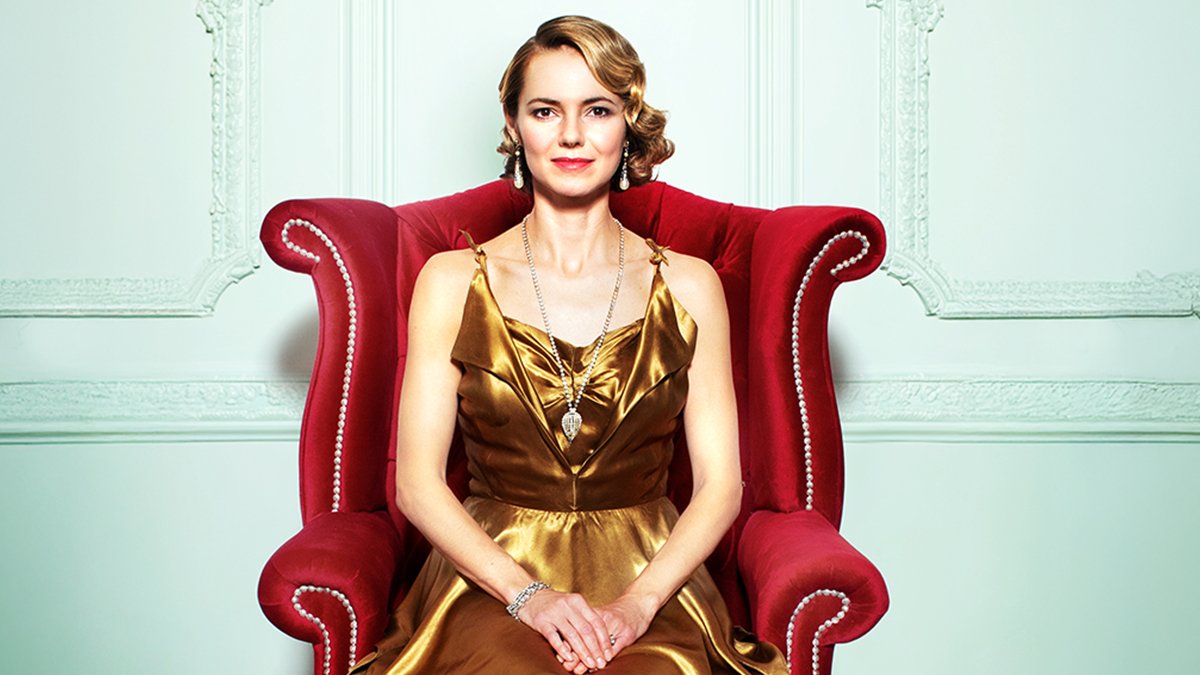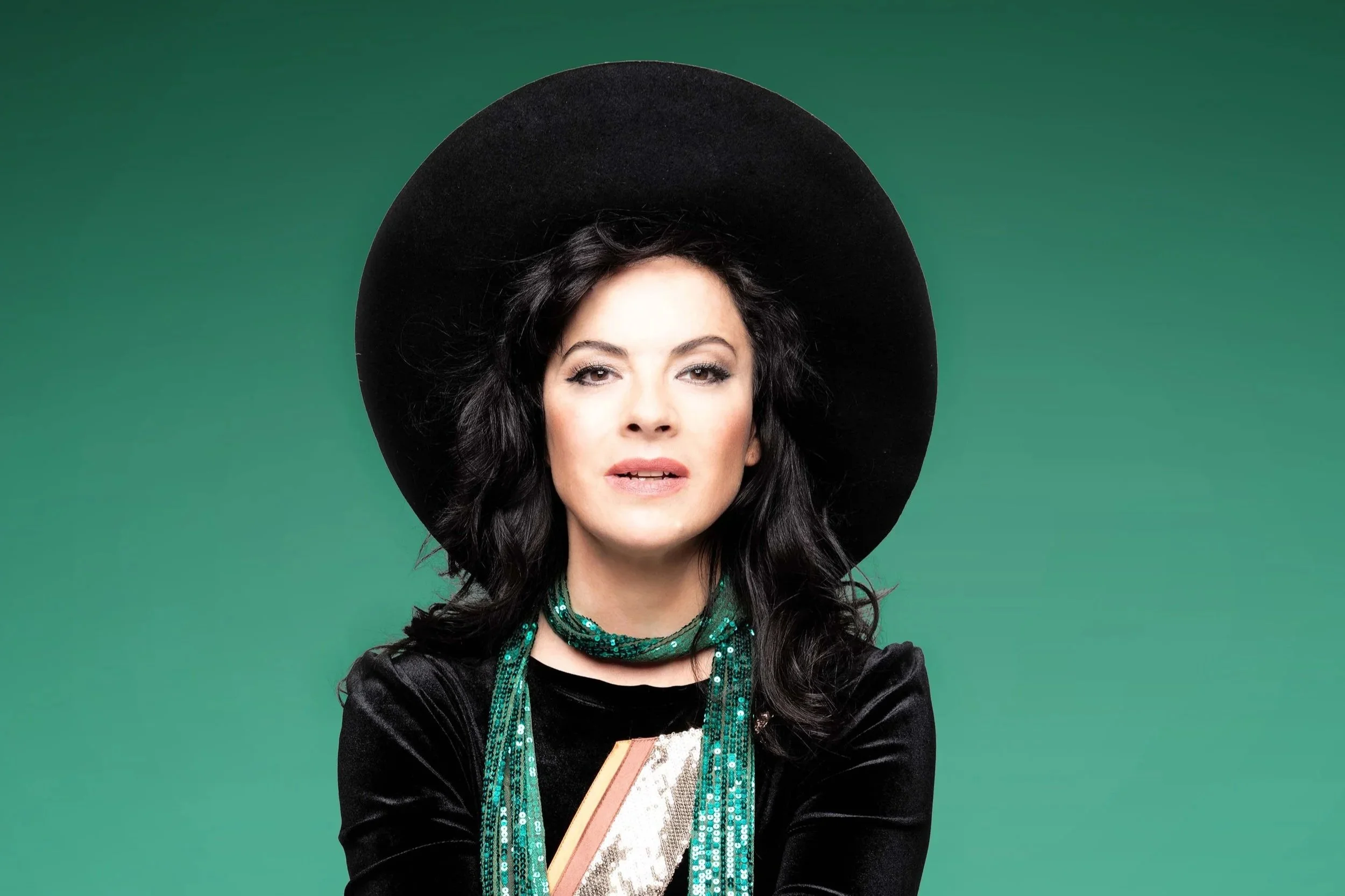Interview with Olivia Barrowclough from Kyoto at @sohoplace
Olivia Barrowclough stars in Kyoto, a gripping political thriller transferring to the West End for a limited run at @sohoplace. Set during the tense hours of the 1997 UN climate conference in Kyoto, Japan, the play also stars Stephen Kunken and delves into the pivotal negotiations that culminated in the historic agreement. We find out more about this production from Barrowclough in today’s interview.
1. For those who don’t know a lot about Kyoto, can you tell us a little bit about what it is about?
Kyoto is a show about climate change, more specifically it is about what happened during the first ever COP in Kyoto and the lead up to it. There was a lawyer called Don Pearlman that was hired to disrupt the talks and ensure that no agreement was met, so the show is about fighting for agreement against all odds.
2. You play the role of Secretariat. Can you tell us what attracted you to the character any influences that you’ve used to develop them?
I play the role of the Secretariat who organise the conferences, the role is loosely based on an incredible woman called Joanna Depledge and I listened to a podcast with her on talking about the enormity of Kyoto and what it felt like to be a part of that history. One thing that stuck with me was that she said ‘as the secretariat we had to believe that agreement was possible, we had to stay positive or it would never have happened’ and that’s what I have based my character around, that positivity.
3. How do you think previous roles you’ve played have prepared for you the strong political and environmental themes that are integrated in this play?
I think this is the first political show I have done. One of my favourite things about being an actor is that each job allows you to enter a new world and learn loads about a new topic, that maybe you wouldn’t have deep dived into otherwise, and that’s exactly what has happened here. It’s been so interesting learning about what happened in Kyoto and what that has led to since. It’s disheartening to look at the world today and the amount of disagreement that there is around the world but Kyoto is a good reminder that unanimous agreement is possible.
4. What has been the most challenging aspect of working on this show and how have you approached it?
The biggest challenge of the play I think is making a conference gripping, interesting and funny. But I think (I hope) we manage this by keeping the pace of the play up, it’s very fast paced, we talk a lot in rehearsals about how we want the play to be ahead of the audience, once the audience catches up to us we’ve lost.
5. How does Kyoto reflect the current global climate crisis, and what role does your character play in highlighting these issues?
Kyoto allows us to reflect on how much has changed, positively or negatively, since COP3 in 1997. Can we really say that we have made that much progress since then? The problems they were discussing 27 years ago are the same problems we are facing now; sea level rises, ecosystem damage, increased temperatures. My character works as the mediator between the differing countries to help them come to some compromise or agreement on the climate policies, with a focus on reducing CO2 emissions.
6. Do you think this production has relevance to issues in today’s world and how will audiences relate with that?
I think the play is more relevant now than ever, especially with the elections in the USA. It will be interesting to see how the audiences react, I think because the show is told from the perspective of the ‘anti hero’ it does a good job of not being too preachy and allows the audience to look inward and question their own culpability.
7. How has this role challenged or changed your perspective on the issues addressed in the play?
I wouldn’t say the play has challenged or changed my view on climate change, I’ve always been concerned and actively try to reduce my own footprint where I can. But I do think it has made me more aware of what is happening politically and the countries and big corporations that are purposefully avoiding advice from scientists.
8. What excites you most about bringing Kyoto to the stage, and what has this experience meant to you as an actor?
It’s exciting to be in a show that is so relevant to our world today and that can spark interesting discussions and potentially light that fire in people to call for change.
9. Finally, why should people come and see Kyoto at @sohoplace?
People should come see Kyoto if they want to be challenged, have a laugh, see some fantastic videography and a gorgeous set.
Kyoto plays at sohoplace from 9 January - 3 May 2025.


